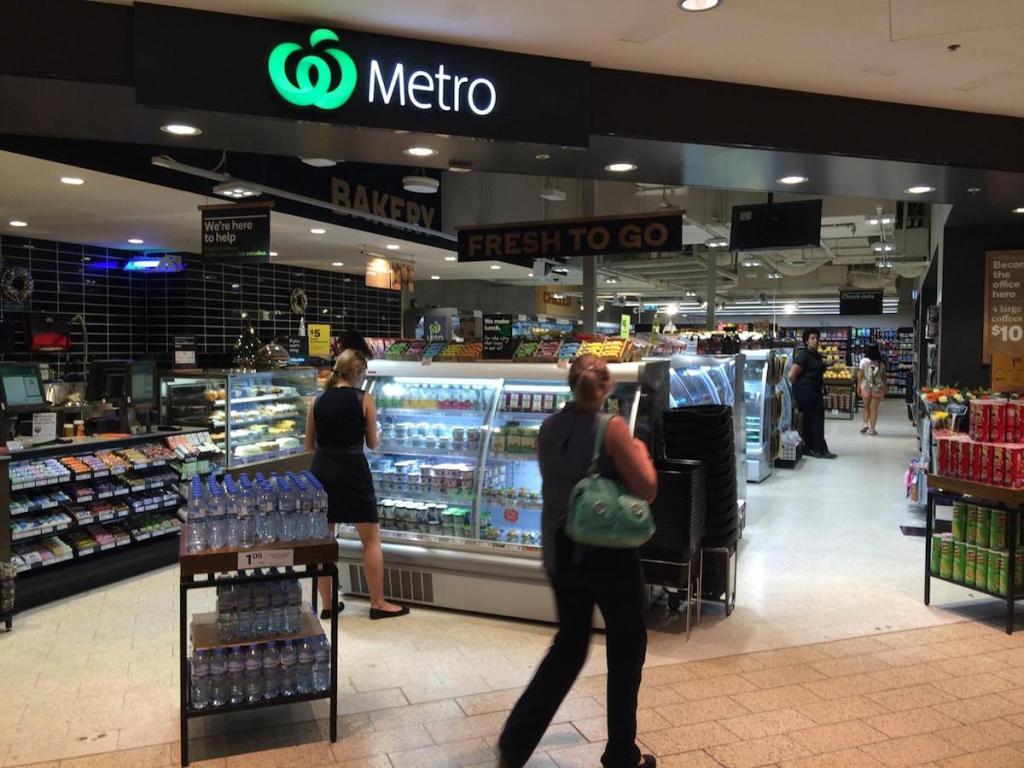Woolworths has announced its first quarter sales results with group sales of $17.9bn, up 12.3 per cent on the same quarter last year.
CEO Brad Banducci highlighted that Australian Food total sales increased by 12.9 per cent driven by at home consumption.
Banducci said: “It has been a pleasing start to F21 with all retail businesses delivering strong sales growth and customer metrics remaining solid.
“COVID costs remain material as we continue to prioritise the safety of our customers and team but have moderated as we become more efficient at operating COVIDSafe.
“Christmas is only 50 days away and it will be very different to previous years; however, we have worked hard as a team to ensure that all Woolworths Group businesses provide our customers with the opportunity to celebrate the spirit of Christmas in an enjoyable, affordable and COVIDSafe way.”
Total Australian Food sales for the quarter increased to $12 billion with comparable sales increasing 11.5 per cent (excluding tobacco) and supermarkets and e-commerce largely drove this.
Sales growth in Victoria was around 20 per cent in the quarter due to the more stringent restrictions in place. Excluding Victoria, Australian Food total sales increased by 10.6 per cent.
Freestanding and neighbourhood stores outperformed with sales growth in major shopping malls and city locations impacted by customer preferences to shop locally, but as the quarter progressed there was some reversion in this trend.
Long Life and Fresh both experienced strong sales growth and Tobacco sales were higher than recent trends with increased demand from the closure of tobacconists in Victoria due to COVID restrictions.
Metro Food Stores declined 5.1 per cent to $235 million, materially impacted by reduced foot traffic across CBD areas and transport hubs, particularly in Victoria.
On-The-Go store comparable sales declined by around 50 per cent, partly offset by growth in Neighbourhood stores.
Average prices for the quarter increased by 1.2 per cent, which was lower than the previous quarter, which saw an increase of 2.4 per cent. This is despite higher demand and unfavourable growing conditions leading to higher market prices in some vegetable categories.
Excluding tobacco, average prices declined 0.2 per cent with more normal levels of promotional activity and lower inflation in Grocery Food, Freezer, Health, Beauty, Baby, Household and Pet.
During the quarter, five new supermarkets were opened and one new Metro store. Separately, five supermarkets were temporarily converted to fulfil online demand in Victoria and five Metros temporarily ceased trading.
Eleven renewals were completed and at the end of the quarter, there were 992 supermarkets and 65 Metro food stores, with a total fleet size of 1,057 stores.

